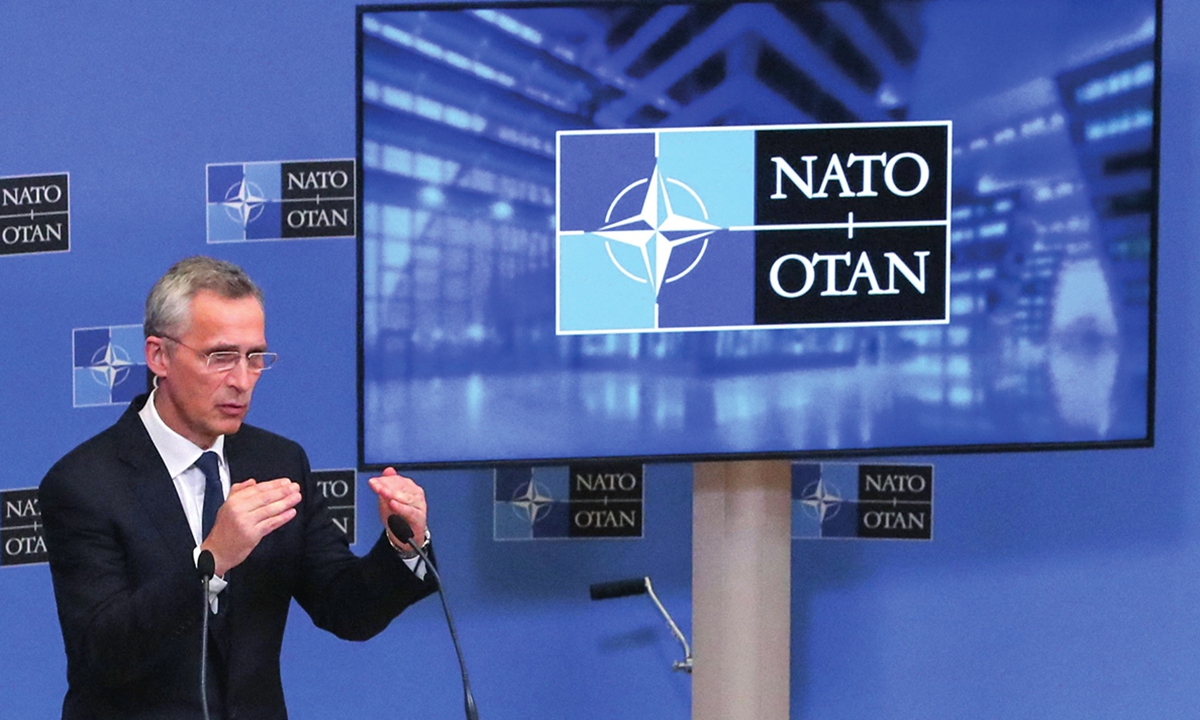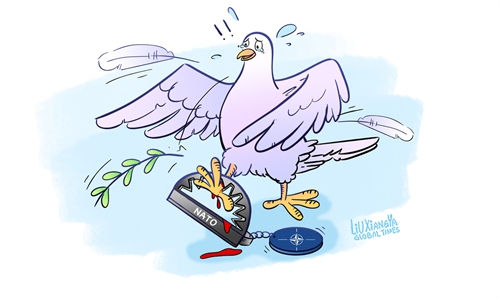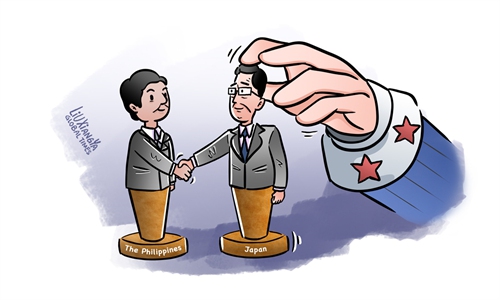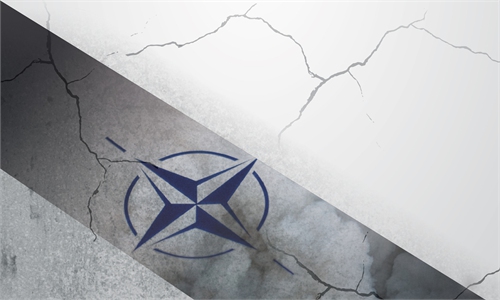Outgoing Stoltenberg is still laying mines for the world: Global Times editorial

NATO Secretary General Jens Stoltenberg. Photo: VCG
NATO Secretary General Jens Stoltenberg is about to leave his post, and the upcoming NATO summit to be held in the US next month will be his farewell tour, if nothing else. In the past two days, Stoltenberg went to Washington to warm up for the upcoming summit, at the same time showing off some of his own "achievements" to leave some political legacy for the past nine years in his post as NATO Secretary General. He touted that 23 of the 32-member bloc have met the target of spending 2 percent of GDP on defense, while revealing that NATO is discussing the deployment of more nuclear weapons. Stoltenberg's remarks, which make the world feel great concerns and threats, are said with easiness and even great excitement. The NATO chief also continued to threaten China, saying that China cannot "have it both ways" between the West and Russia and that if it does not change course, "there should be consequences."
In his nine years in office, the world saw the prolonged Syrian civil war, and the outbreak of the Russia-Ukraine conflict, as well as the Israel-Palestine conflict. The role of NATO, a product of the Cold War and the world's largest military bloc, in the conflicts of such magnitude, is dishonorable. The Ukraine crisis, in particular, caused by the bloc's eastward expansion, plunged Ukraine into war, further tore Europe apart, and brought NATO back to life. Even within the US and Europe, there has been harsh criticism and warnings about this.
Yet, Stoltenberg is not satisfied, as he continued to call on the West to supply more weapons to Ukraine on Monday in Washington, claiming it is the "path to peace." Even he cannot justify it, admitting that this "may seem like a paradox." This is Stoltenberg's way of covering up his attempts at war and culpability, as well as the way of NATO as a whole: to create conflicts in the name of preventing crises and to exacerbate catastrophes in the name of managing crises. As one Western scholar summarized, invasion has been hailed as "humanitarian intervention," coup d'état as "democratic revolution," regime subversion as "democracy promotion," gunboat diplomacy as "freedom of navigation," military bloc expansion as "European integration," and domination as "negotiation from a position of strength."
Under Stoltenberg's leadership, NATO has also been attempting to interfere in the Asia-Pacific region, aligning with the strategic direction of the US, and promoting "NATO's Asia-Pacificization." Although such attempts have encountered resistance from the majority of countries in the Asia-Pacific region, and thus remain limited to a small circle of US allies, regional countries must not be negligent. The desire of regional countries to maintain the regional peace and development does not mean that NATO has no intention of creating discord. NATO's own history has proved that it strengthens its functions through crisis creation. Since it now intends to enhance its presence and functions on a global scale, it inevitably has to create larger crises.
On this point, insightful individuals internationally, including those in Western countries, have long provided incisive summaries. Organizations like NATO have interfered in nearly all wars and conflicts since its foundation, consistently exporting war and only bringing more problems. In the cycle of seeking enemies, creating crises, and extending its existence, NATO aims to make China the latest target. In recent years, NATO summit declarations have increasingly mentioned China, and provocative actions against China have become more frequent. Particularly, Stoltenberg himself has repeatedly issued threats this year, demanding that China must choose sides between the West and Russia. In February alone, he created a notable scene during his US visit by making seven provocative statements about China in six days. His speeches are filled with confrontational language and echoes of the Cold War. Given that some political elites in the US and Europe frequently champion moral causes such as "opposing coercion" and "defending peace," they should feel embarrassed by Stoltenberg's remarks.
Stoltenberg's strenuous efforts to perform and use various occasions to promote the "China threat" narrative indirectly indicate that this task is difficult. China consistently participates in international affairs as a responsible major power, pursuing peace and bringing opportunities. Even within NATO, China is one of the main trading partners for the majority of its 32 member countries. This is one of the reasons why NATO labels China as a "systemic challenge." For a war-dependent entity like NATO, a China that follows a path of peaceful development naturally becomes a "challenge."
This year also marks NATO's 75th anniversary. Stoltenberg's warmongering rhetoric is the best commentary on the role NATO has played over the past 75 years. If Stoltenberg leaves any legacy during his term, it is conflict and war. People should be particularly wary of Stoltenberg's promotion of the "threat narrative." History has repeatedly shown that such rhetoric always runs counter to peace, development, and prosperity. The louder NATO's voice becomes, the more vigilant peace-loving people should remain.



